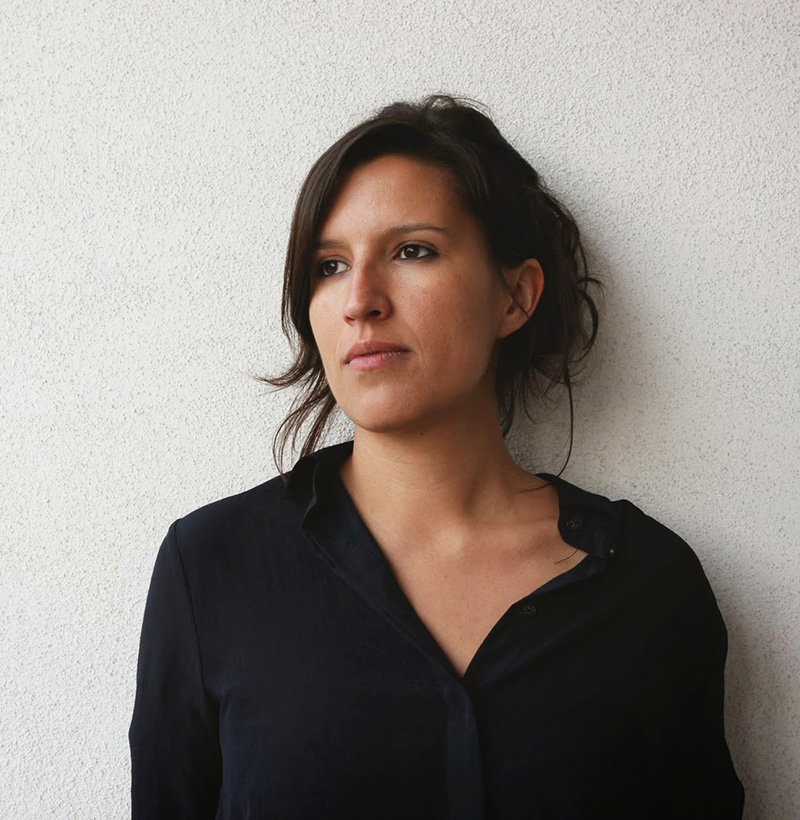
Heather McGinn-Girón has over a decade of architectural experience on projects with a high level of customization from bespoke music and theater spaces to net zero urban food halls and tech integrated workplaces. Sustainable and equitable considerations, materials, and methods, with their deep community impact, are an integral part of her approach.
As one of the less than 1.5% registered Architects in the US that identifies as Latina, she works to celebrate the varied and diverse perspectives of the human experience through design.
In 2021, she founded Studio Even Odd Architecture and Design in order to use development and design as a mechanism to advocate for innovative solutions to some of the biggest issues we face in the built-environment. The Studio prioritizes projects with high community impact in the housing, education and workplace sectors.
Heather McGinn-Girón, AIA, NOMA
We caught up with Heather after she chose to come to Cambridge for Real Estate Finance Fundamentals in June 2024.
Your interest in this program dates to (at least) 2023, when you were not able to attend. What kept you interested in attending in 2024?
I was not able to attend last year solely because it falls on the same week as the American Institute of Architects Conference (every year). I had no doubt that I would choose to attend this course when I was able, given its focus on delivering a host of complex and critical real estate finance content in person in such a perfectly condensed offering.
You had noted you have taken other courses and programs in real estate development in the past. How did this program on real estate finance compare to those experiences?
Something special happens when you can be in a room with each other with a shared purpose and that was certainly the case for Real Estate Finance Fundamentals. The in-person format allowed for a level of trust and communal learning that has not been possible in other online courses I have taken. This course went deep into Real Estate Finance concepts but also tied them to in-progress real life case studies brought in by the diverse group of global attendees. We workshopped the issues and opportunities together – something only possible in a course format like this one.
You had noted that your background is in architecture, and you are now transitioning to an architect/developer model. Why are you making this transition, and what are your goals in doing so?
I strive for building innovation in my Architecture Practice, and it is very difficult to ensure that happens without being involved in the project from the conception phase. Traditionally by the time a project gets to the desk of an architect so many of the decisions that can affect affordability, sustainability, equitable means and methods have already been determined. I wanted to understand the financials to understand the levers to steer a project towards better outcomes.
